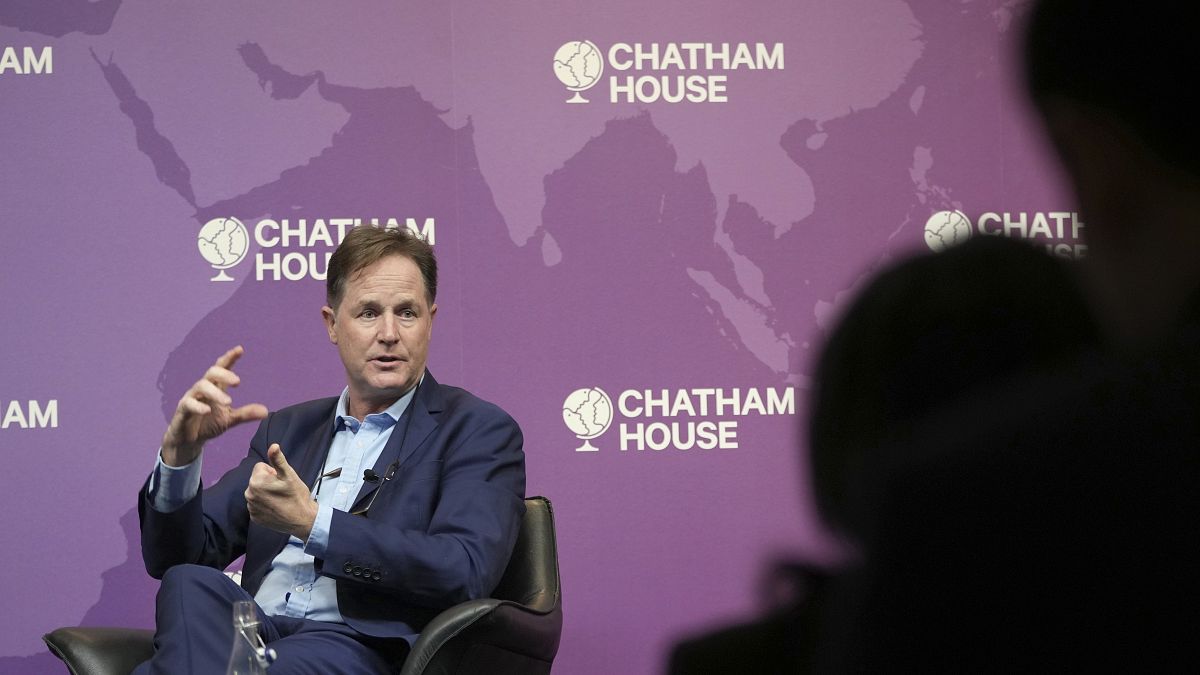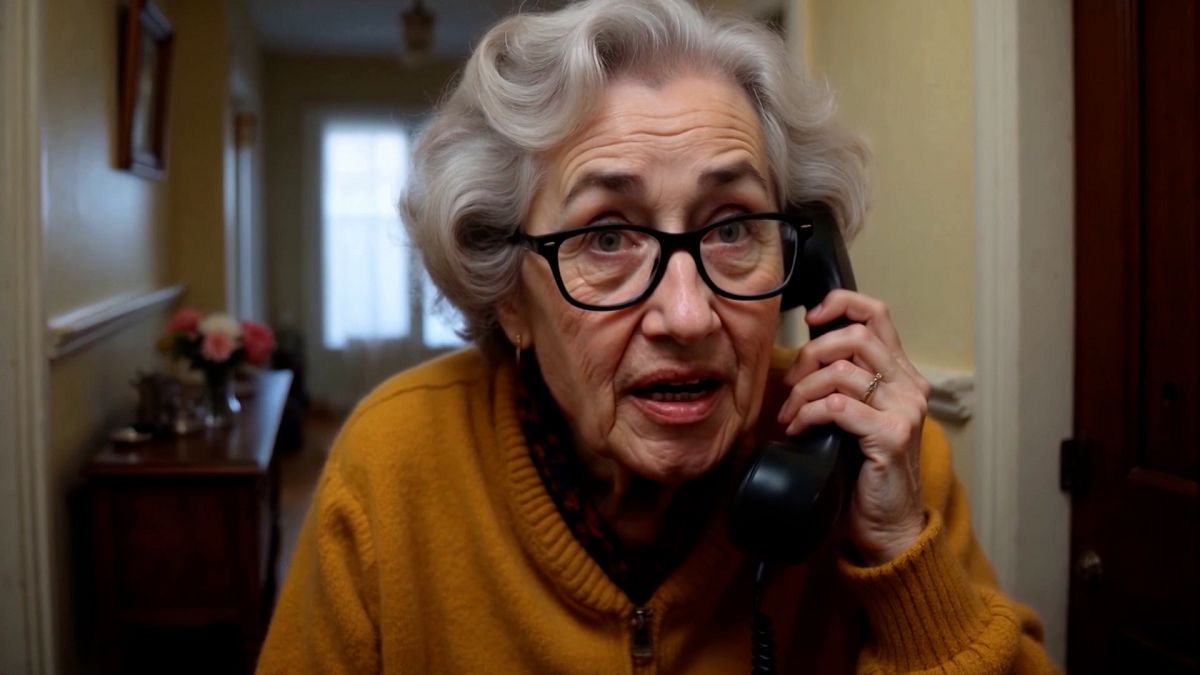The federal government argues that the volume of traffic on the motorway network has increased more than five times over the past sixty years.
Swiss voters took to the polls on Sunday to vote no to bigger motorways, no to easier evictions and tighter subletting rules and yes to a new healthcare financing model.
The Swiss government's proposal to allocate €5.3 million for expanding motorways and constructing new roads at six key locations, including near Bern and between Geneva and Lausanne, was rejected by 52.7% of voters.
The plan, approved by parliament last year, faced opposition from those concerned about its environmental impact and effectiveness.
The federal government, argues that the volume of traffic on the motorway network has increased more than five times over the past 60 years.
The result was celebrated by the Green Party which called the proposal "an out-of-date transport policy".
Together with left-wing and environmental groups, the Greens campaigned against the project, highlighting its environmental impact and the concern that wider roads would only lead to more traffic. They now advocate for the funds to be used for public transport, active mobility, and the renovation of existing motorways.
Mattea Meyer from the no camp expressed her satisfaction with the referendum result.
"I am incredibly pleased that a majority of the population does not want a highway expansion, and instead wants more climate protection, a transport transition that is climate-compatible, which the highway expansion is not," she said.
According to local media to counter this decision the yes campaign, plans on moving forward with expansion projects separately through agglomeration programs, reducing the chance for cantonal referendums.
No to easier evictions
On Sunday, Swiss voters decided on multiple housing issues, such as subletting and lease termination.
53.8% of them rejected the proposal which would make it easier for landlords to terminate leases early in order to use properties for their own purposes.
Additionally, 51.6% voted against a plan for stricter regulations on subletting residential and commercial properties. According to local media, these issues attracted significant attention because tenancy laws affect the majority of Swiss citizens, with about 60% of the population renting their homes, the highest rate in Europe.
The proposal to ease eviction rules faced strong opposition, especially in French-speaking cantons, with Geneva seeing 67.8% of its voters against the plan due to the city's ongoing housing shortage.

 1 month ago
15
1 month ago
15






 We deliver critical software at unparalleled value and speed to help your business thrive
We deliver critical software at unparalleled value and speed to help your business thrive






 English (US) ·
English (US) ·